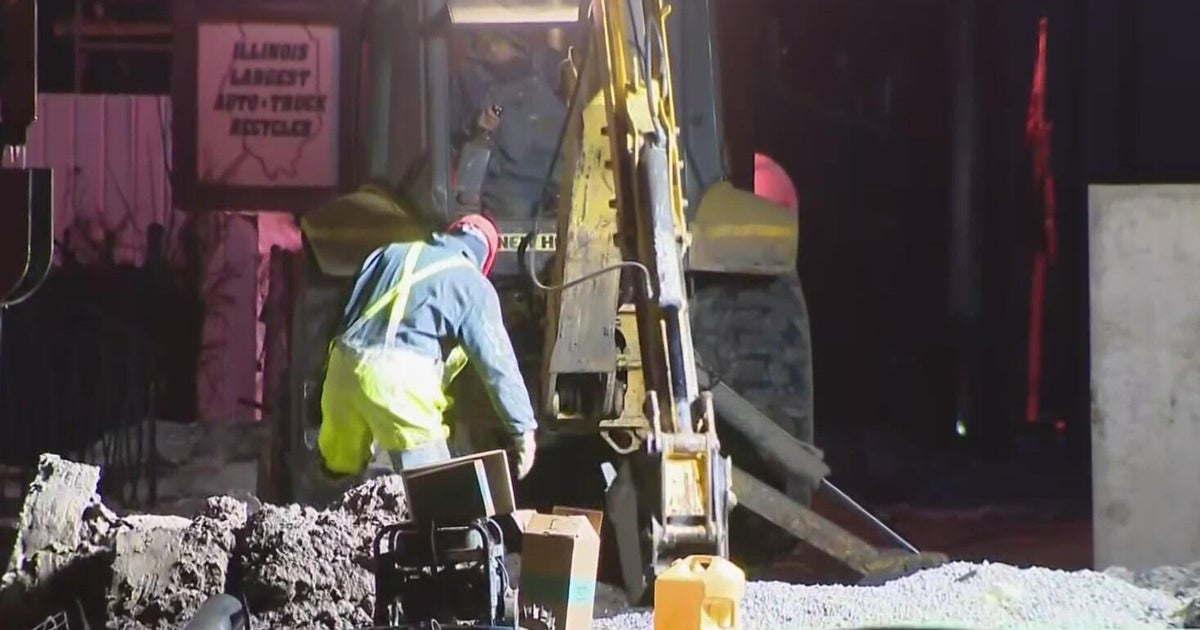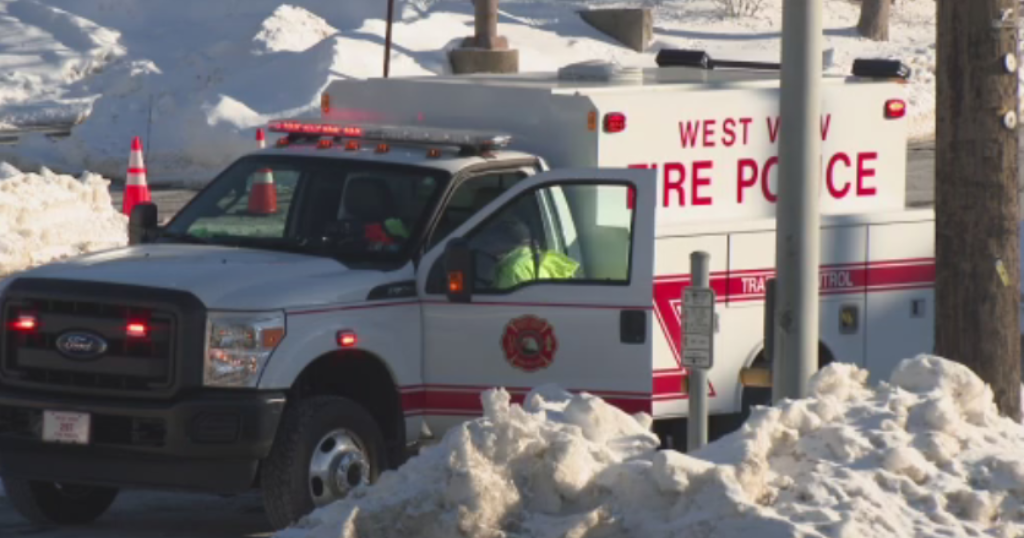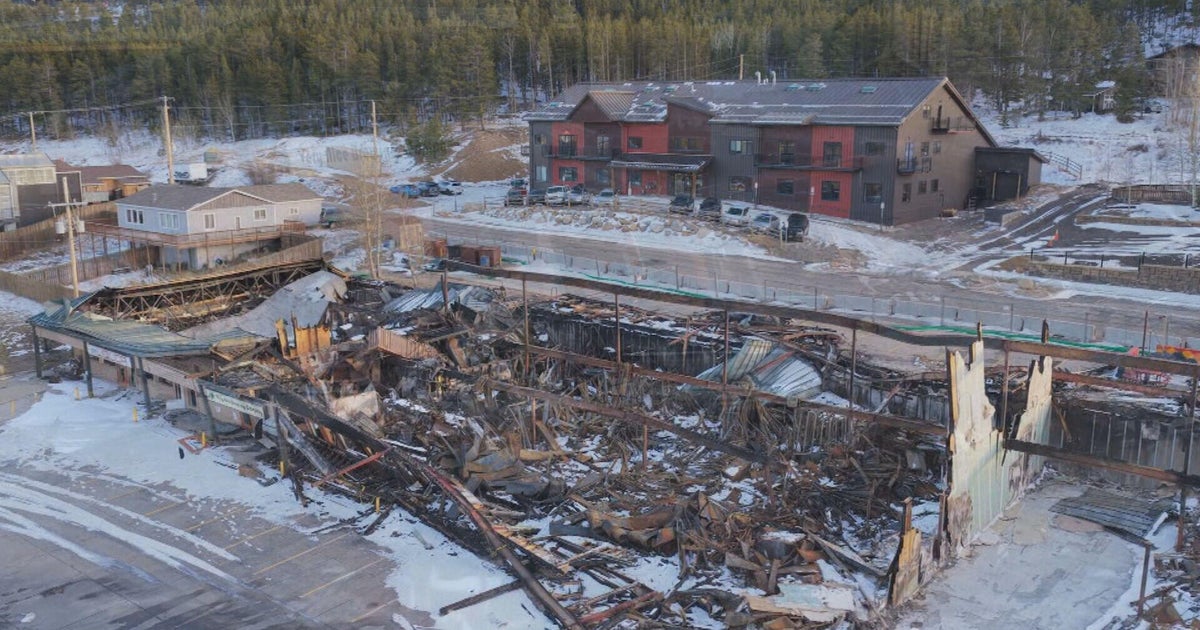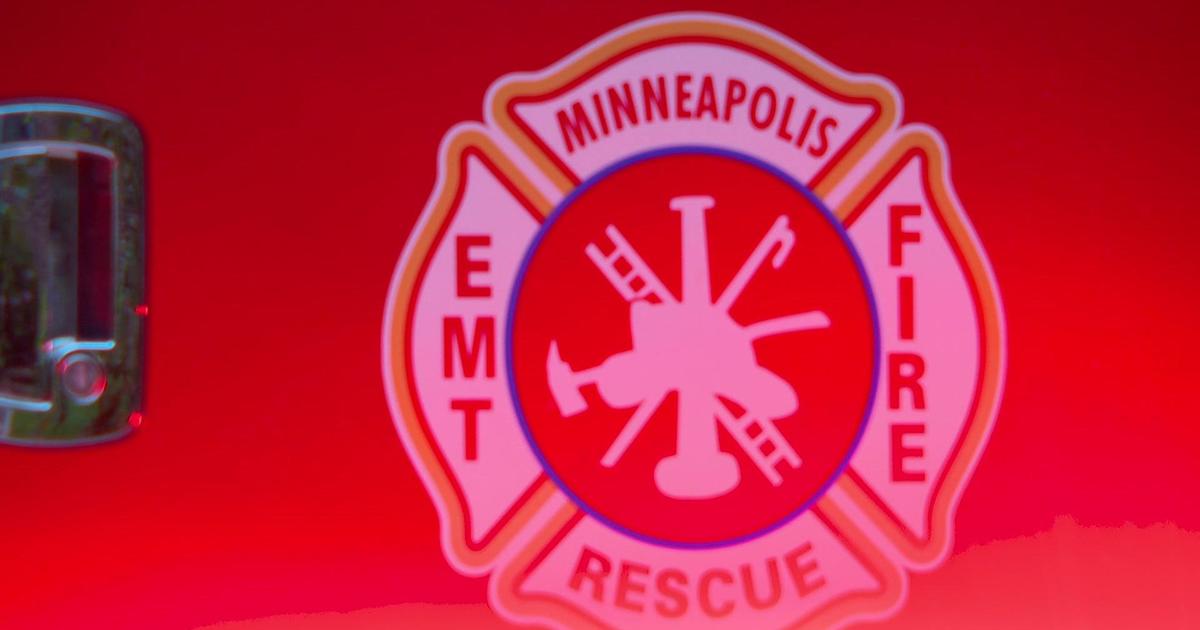Flushable Or Not? The Fight Over Wipes
DALLAS (CBSDFW.COM) - Not much bothers Bill Cyrus. As a technical service manager at the Trinity River Authority's wastewater treatment plant, he has seen and smelled it all.
For 39 years, Cyrus has worked cleaning and purifying wastewater before releasing it into the Trinity River. However, there is one thing that has bothered him lately -- the explosion of the so-called rags into his sewer pipes. Rags like those pictured below.
"You are looking at all the non-dispersal things that didn't break down in the wastewater coming to the plant," he says pointing to a pile of rags in a dumpster at the Dallas facility.
"Wipes, paper towels, rags, real rags, tissues, hygiene products," he said.
Cyrus said included in that mess are those the flushable wipes, which the manufacturers claim, break down in the sewers.
"They are a problem here because it is damaging the equipment," he said. Cyrus believes the flushable wipes are not breaking apart, as they should.
The Trinity River Authority serves 20 north Texas cities and towns and the DFW airport. The organic solid waste is separated from the wastewater, which then comes to a part of the plant where a gripper removes all the rags. The water goes through two different screens, to remove all the debris. In 2017, the Trinity Water Authority removed 709 wet tons of wipes from this plant alone. The disposal of those rags cost the TRA $112,000 since 2015.
Maintenance of equipment costs approximately $118,000.
He says all wipes including makeup wipes, disinfecting wipes, baby wipes, hand wipes, and flushable wipes are making through their system. "We are not capturing them like we need to be," Cyrus said.
Cyrus believes no matter what the label says, every wipe needs to be in the trash.
Many other cities agree. Last December, a Homeowners Association in New York filed a lawsuit against several manufacturers saying, "Flushable Wipes do not break up into small pieces or disintegrate during or soon after flushing, and thus are not flushable under any definition of the term." It goes on to say, "They certainly do not break down as easily as toilet paper," The case is still ongoing in the court.
In 2015, the city of Wyoming, Minnesota sued wipes manufacturers saying, "Contrary to the Defendants' representations, these flushable wipes do not degrade after flushing. Rather, the flushable wipes remain intact long enough to pass through private wastewater drain pipes into the municipal sewer line causing clogs and other issues for municipal and county sewer systems and wastewater treatment plants, resulting in thousands, if not millions, of dollars in damages." The lawsuit was dismissed.
The same year, the city of Perry also sued the wipes manufacturers. The two sides settled the lawsuit. The head of INDA- the trade organization representing the wipes industry said afterwards: "The settlement terms of the Perry litigation corroborate what years of testing and field collection studies have shown: that flushable wipes are not causing municipal clogs or increased maintenance," he said. "To date, despite sensational headlines, there is no evidence from any wastewater agency proving that flushable wipes are causing clogs or maintenance issues."
Nevertheless, manufacturers say their product is flushable, if labeled "flushable." Last year the wipes manufacturer Kimberly Clark sued Washington D.C. for its law regulating which wipes can be labeled flushable. Kimberly Clark did not want to speak about the lawsuit but it did sit down with Consumer reporter Cristin Severance to discuss flushable wipes.
Terry Balluck, a Kimberly Clark spokesperson told us, "In our case, our flushable wipes, we stand by those claims. We have thoroughly tested them." The Irving-based company said its wipes have performed well in the seven industry tests that a product goes through in order to get a "flushable" label. The industry guidelines are issued by INDA, a leading global trade associate of the non-woven industry.
In a statement, INDA - Association of Nonwoven Fabrics industry said, "Consumers are flushing items that are not flushable. Well over 90 percent are paper towels, paper tissue, hygiene products and baby wipes. Along with fats, oils, grease and trash. It is important to educate public on what items can be flushed."
Balluck says the non-flushable wipes clogging the city sewers are rarely, if ever, Kimberly Clark's. He cited The New York City Department of Environmental Protection's study that found no Kimberly Clark wipe in their sewers.
"There was not a single KC wipe found in that study," he said.
The city of Vancouver in Washington conducted a study in which it tagged all wipes before flushing. The objective was to see which wipes make it through the pipes and which ones dissolve. It included both flushable and non- flushable around the world. The study found the Japanese flushable wipes out-performed the American brands.
Wipes manufacturers say, if flushable wipes are taken off the market, people will simply flush non-flushable, making the problem even worse. Wastewater treatment managers believe as far as they are concerned, only "three Ps need to be in the sewer, pee, poop and toilet paper."
Bill Cyrus is doing his own forensic testing on wipes in TRA's pipes. He is collecting the wipes before they get inside the plant. "We're trying to identity what we're getting, what products," he told CBS11's Cristin Severance.
His team analyzes dried out wipes for answers... answers both wipes manufacturers and wastewater treatment plant managers say are needed soon.
"We want to understand the concerns they are facing and come up with a solution together," said Balluck who said they want to work with TRA and other agencies to solve the problem.







